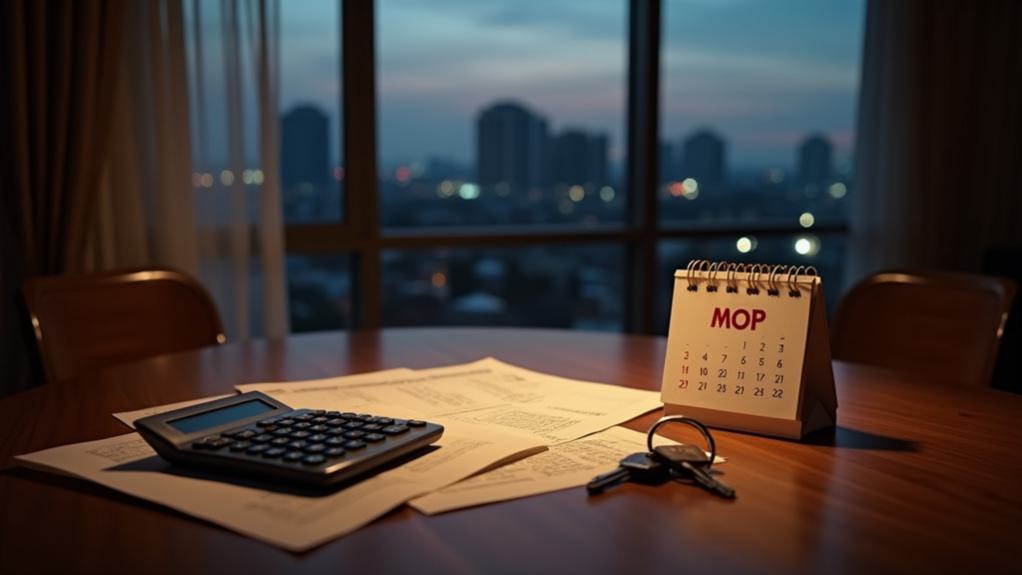The culmination of Singapore’s Minimum Occupation Period (MOP) represents a pivotal juncture for homeowners contemplating their property‘s future trajectory in the nation’s highly regulated public housing landscape. Upon reaching this milestone—five years for standard flats and ten years for Prime or Plus category units—owners gain the liberty to divest their property on the open market, a prospect that frequently generates substantial interest among those enthusiastic to capitalize on potential capital appreciation.
Proceeding with an immediate sale post-MOP, however, introduces several financial considerations that warrant meticulous examination. The market dynamics following mass MOP completions often create temporary supply surges, potentially diluting resale values through increased competition among sellers within identical developmental clusters.
Rushing to sell immediately after MOP expiry may diminish returns amid supply saturation from simultaneous listings within your development.
In addition, early divestment precludes participation in subsequent appreciation cycles, particularly in emerging estates where infrastructure developments and community establishment continue to enhance locational premium over time. This pattern is evident in the current market where premium segment performance shows a 22% increase in million-dollar flat transactions from the previous quarter. Homeowners should also consider the challenges of finding alternative housing in a market where housing affordability remains a primary concern that MOP policies were designed to protect.
Transaction costs represent another significant factor, with agent commissions typically ranging from 1-2% and legal fees adding to the financial outlay. Additionally, the mandatory refund of Central Provident Fund (CPF) monies utilized, including accrued interest over the ownership period, may substantially reduce anticipated cash proceeds, creating potential discrepancies between expected and realized liquidity.
Policy shifts within Singapore’s property ecosystem further complicate the timing calculus. Recent introductions like the Prime Location Public Housing model exemplify how regulatory frameworks continuously evolve, potentially influencing resale restrictions, buyer eligibility criteria, and market valuations in unpredictable ways.
For owners who decide to proceed with resale, compliance with HDB regulations remains paramount. The prohibition against private property ownership during MOP extends to all authorized occupiers, with approximately 70 cases of non-compliance resulting in flat repossession as of mid-2024—a sobering reminder of regulatory enforcement. HDB conducts approximately 500 monthly inspections nationwide to detect potential violations through both random checks and investigation of public feedback.
Post-MOP flexibility extends beyond sale options to include rental opportunities, subject to HDB approval requirements, offering alternative revenue streams for those not compelled by immediate divestment considerations. This optionality represents significant value in Singapore’s perpetually evolving residential property environment.





